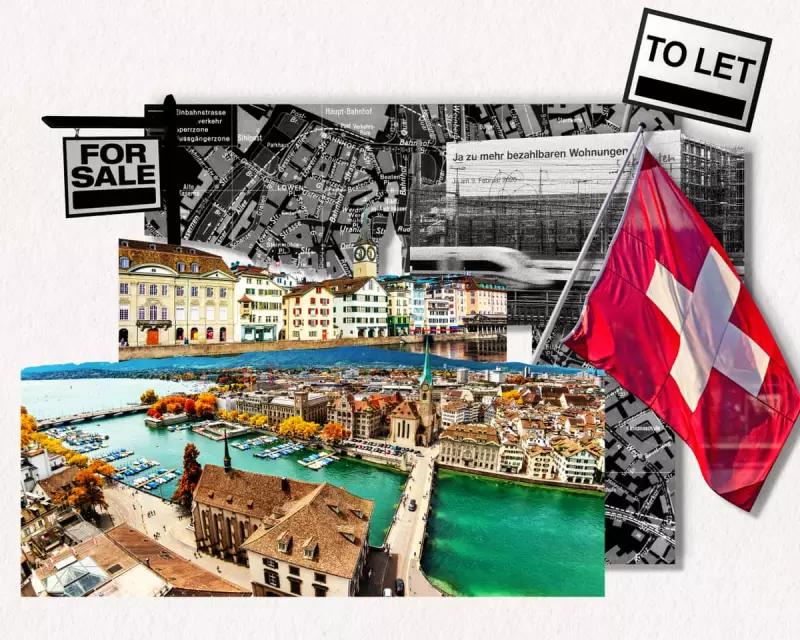
While cities across Europe grapple with skyrocketing rents and unaffordable property markets, Zurich has quietly been pioneering a revolutionary approach to urban living that could hold the key to solving the continent's housing crisis.
The Cooperative Model: More Than Just Affordable Rent
In Switzerland's largest city, approximately one-quarter of residents live in housing cooperatives – non-profit organisations that own and manage properties for their members' benefit rather than for profit maximisation. These aren't just cheap apartments; they represent an entirely different philosophy of urban community.
"What makes the Zurich model remarkable isn't merely the lower rents," explains a local housing expert. "It's the creation of stable, mixed communities where teachers, nurses, and shop assistants can afford to live in the same neighbourhoods as bankers and lawyers."
A Blueprint for European Cities
The success of Zurich's cooperative housing offers valuable lessons for cities from London to Lisbon struggling with similar affordability crises:
- Long-term security: Unlike private rentals, cooperative residents enjoy stable tenancies without the constant threat of eviction or dramatic rent increases
- Community ownership: Residents have a genuine stake in their neighbourhoods, fostering stronger social bonds and better-maintained environments
- Urban diversity: By ensuring mixed-income communities, cooperatives prevent the social segregation that plagues many European cities
Beyond Switzerland's Borders
Other European cities are taking note. Vienna's long tradition of social housing shares similar principles, while Berlin has recently moved toward greater rent control and public housing investment. However, Zurich's cooperative model offers something unique – a middle way between purely public housing and the volatile private market.
"The beauty of cooperatives," notes a urban policy researcher, "is that they're neither state-controlled nor profit-driven. They're democratically run by the people who live in them, creating housing that serves human needs rather than investor returns."
The Path Forward
For cities looking to replicate Zurich's success, the challenges include securing land, changing planning regulations, and fostering the community infrastructure needed to make cooperatives work. But as housing becomes increasingly unaffordable for young people and key workers across Europe, the cooperative model offers a proven alternative that has stood the test of time.
As one Zurich resident puts it: "I'm not just renting an apartment – I'm part of a community that decides together how we want to live. That security and belonging is priceless in today's uncertain housing market."





